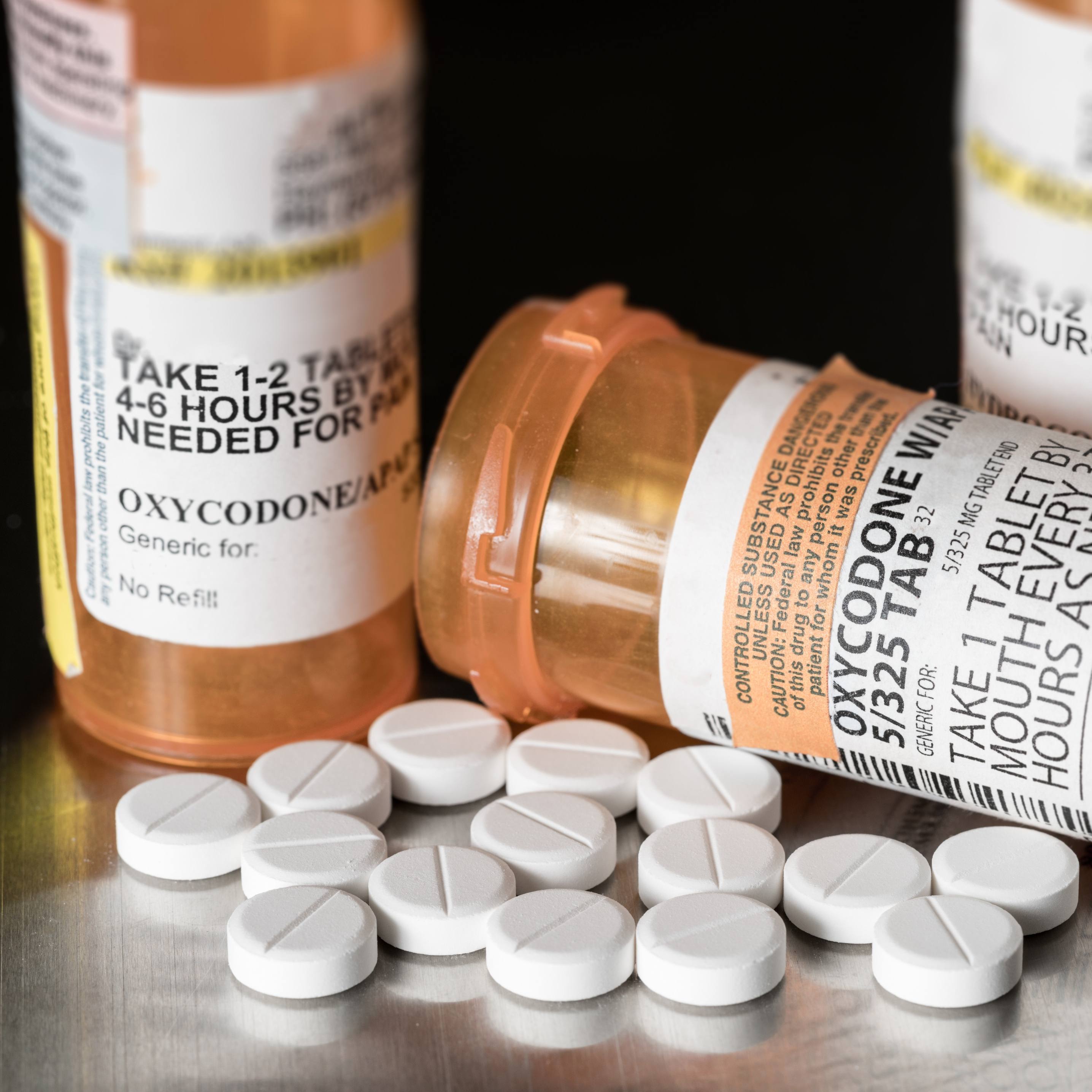-
Health & Wellness
Is Bruising Easily Normal or Does It Signal a Bigger, Underlying Problem?
Bruising Easily Can Be Normal but Sometimes Signals an Underlying Problem
December 23, 2011
Dear Mayo Clinic:
Lately I seem to bruise very easily. Is this something I should see my doctor about or be concerned with? I am 54 and in excellent health.
Answer:
Bruising easily can be normal in some people and becomes more common as we age. But bruising easily may also signal an underlying medical problem. You probably should have this problem evaluated by your primary care doctor, especially if the bruising developed recently or has become more frequent or more severe.
Bruises form when small blood vessels, called capillaries, near the skin's surface are broken by the force of injury or impact. When this happens, blood leaks out of the vessels and shows up as a bright or dark red, purple or black mark on the skin. Eventually, the body reabsorbs the blood, and the mark disappears. Arms and legs are the most common place for bruises. Generally, harder blows cause larger bruises. However, if you bruise easily, a minor bump — one you might not even notice — can result in quite a bit of discoloration.
Certain people are simply more prone to bruising, which should not be cause for concern. Also, bruising easily can result from the aging process. Over time, tissues that support the body's capillaries begin to weaken, and capillary walls become more fragile, making them more vulnerable to being broken. In addition, skin becomes thinner as you age and loses some of the protective fatty layer that helps cushion blood vessels from injury.
That said, your ease of bruising could be medically important. When bruising easily starts suddenly, happens relatively frequently, or if the bruises are unusually large or painful, you should consult a doctor.
Your doctor will likely have you describe your symptoms, examine current bruises and ask for information about any history of bleeding problems in you or your family. You should bring a list of the medications you are taking to the appointment, as some drugs can increase your risk of bruising.
For example, blood-thinning medications such as aspirin, warfarin and clopidogrel reduce the blood's ability to clot. As a result, bleeding from capillary damage might take longer than usual to stop — which allows blood to leak out and cause a bruise. Corticosteroids containing drugs which are used to treat various conditions, including allergies, asthma and eczema, can cause the skin to thin, making it easier to bruise. Certain dietary supplements, such as fish oil and ginkgo, also can increase bruising due to a blood-thinning effect.
Depending upon the outcome of your initial assessment, your doctor might recommend blood tests to investigate further. Or, your doctor may suggest you see a hematologist, a doctor who specializes in blood disorders, for additional evaluation. Alternatively, your doctor might recommend that you just continue to monitor the situation without additional assessment or treatment for the time being.
Bruising easily can have a wide range of possible underlying causes, including blood-clotting problems or a blood disease. But it could also be a harmless condition. The best course of action is to see your doctor and have your situation evaluated.
— William Nichols, M.D., Hematology, Mayo Clinic, Rochester, Minn.
Related Articles







